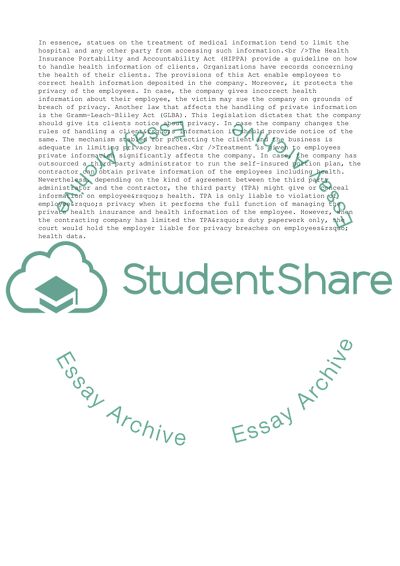Cite this document
(The Importance of Privacy and Compliance Coursework Example | Topics and Well Written Essays - 1500 words, n.d.)
The Importance of Privacy and Compliance Coursework Example | Topics and Well Written Essays - 1500 words. https://studentshare.org/management/1843417-the-importance-of-privacy-and-compliance
The Importance of Privacy and Compliance Coursework Example | Topics and Well Written Essays - 1500 words. https://studentshare.org/management/1843417-the-importance-of-privacy-and-compliance
(The Importance of Privacy and Compliance Coursework Example | Topics and Well Written Essays - 1500 Words)
The Importance of Privacy and Compliance Coursework Example | Topics and Well Written Essays - 1500 Words. https://studentshare.org/management/1843417-the-importance-of-privacy-and-compliance.
The Importance of Privacy and Compliance Coursework Example | Topics and Well Written Essays - 1500 Words. https://studentshare.org/management/1843417-the-importance-of-privacy-and-compliance.
“The Importance of Privacy and Compliance Coursework Example | Topics and Well Written Essays - 1500 Words”. https://studentshare.org/management/1843417-the-importance-of-privacy-and-compliance.


